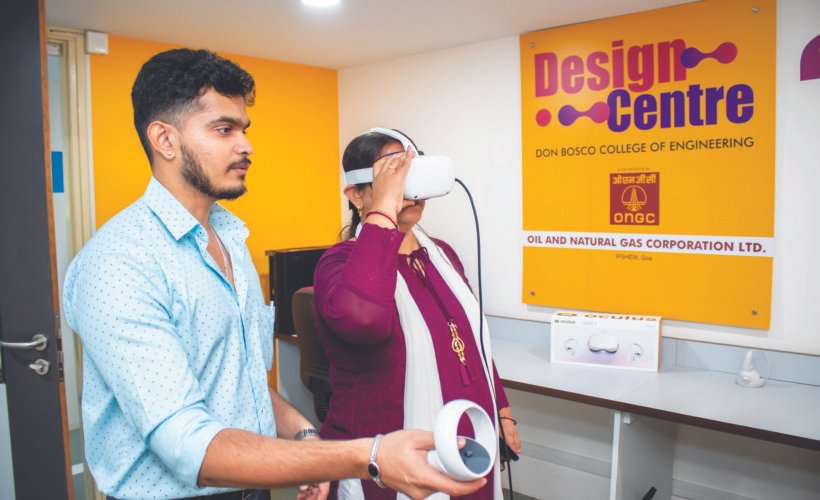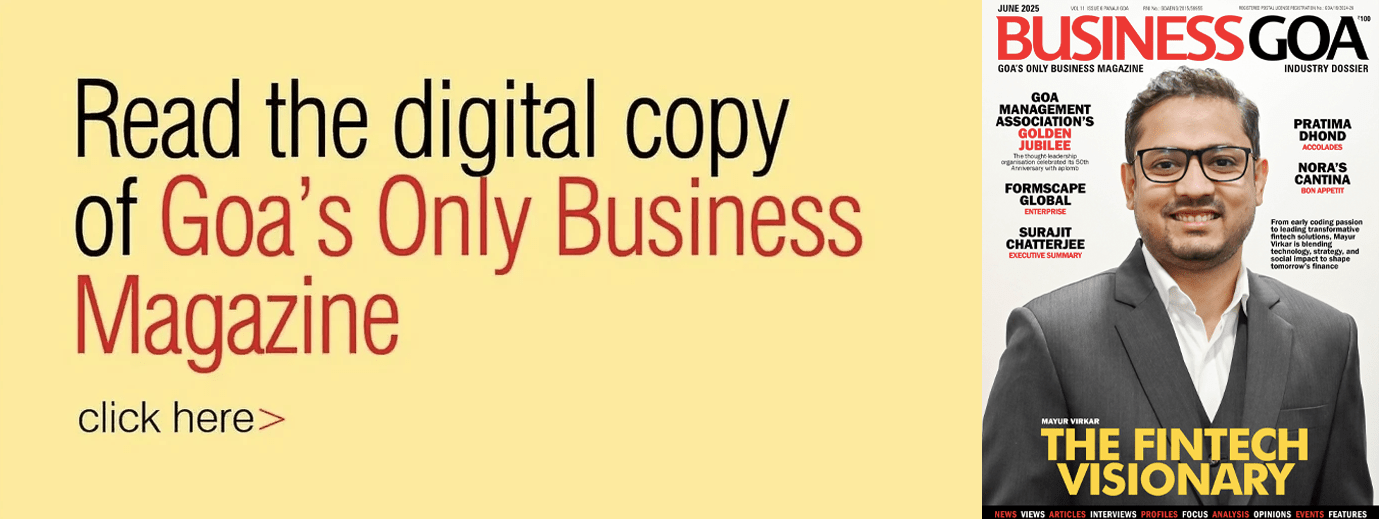
VR and IoT helps create user experiences for travelers in virtual tourism
Over the last two decades technology has enhanced our experience as travellers –it has become our tour guide, travel agency, restaurant recommender, location finder, and more. It has also provided suppliers to the tourism industry with convenience, reach and impact – helping them quickly to provide information, provide best offers and facilitate a purchase, collaborate and aggregate to give greater value to travellers.
Augmented Reality (AR) or Virtual Reality (VR) has also brought possibilities and conveniences to the tourism industry, whether it is showcasing a heritage site, a cabin on a cruise ship or a cosy room on a bed-and-breakfast platform.
Today, we can even travel to enchanting places around the world from the comfort of our homes. Imagine an app that lets you see the top of the world without having to climb to the top, or, cross the Grand Canyon in a kayak enjoying the landmark’s sights and sounds.
VR production captures every part of a location and is used to capture tourism destinations in a unique and immersive way.
VR has great potential as a marketing tool, helping capture tourism destinations in enticing and immersive ways.
VR allows a user to experience the feeling of ‘being there’. VR in tourism makes it easier for people to imagine themselves at the location.
360 VR focuses on the real world rather than computer generated imagery. A 360 VR company, uses specialist equipment to shoot a location. The footage is then produced into VR content using specialist software.
VR can bring a destination to life and coax travellers to consider travelling to destinations they wouldn’t have otherwise considered. While travelers especially love VR content related to nature, wildlife, aquatic, and coastal offerings, travel companies offer virtual hotel tours, VR flight experiences, virtual experiences of landmark destinations and more.
Research conducted by Tourism Australia has found out that almost 20% of consumers had used VR to select a holiday destination. Around 25% of consumers said they planned to use VR in the future to help them decide on a holiday destination.
Certain companies are even using VR tools to provide senior citizens who are receiving end-of-life care with a one-of-a-kind experience.
They are letting seniors travel to places that they never thought they would be able to see – whilst the experience is virtual, the emotions it elicits are real. TourismTech solutions can be highly digitised or provide a experience-enhancing service such as Digitour, a startup that went through a TourismTech acceleration program at Forum for Innovation Incubation Research and Entrepreneurship (FiiRE), that provides immersive audio-visual guided tours of historical heritage monuments through their apps. It meets the needs of the millions of tourists who visit historical monuments every year with a keen interest to understand Indian heritage. Another interesting technological intervention for the travel industry is the Internet of Things (IoT).
Internet of Things (IoT) technology will have a bigger role to play in post-pandemic travel. For instance, wearable tech devices at airports and other transport terminals can allow travelers to ensure correct social distancing procedures and manage safety compliance guidelines better. Companies storing data gathered from IoT enabled devices can create targeted personalised marketing campaigns, thus ensuring greater success rates and better utilisation of digital marketing budgets.
While we are familiar with the automated home, the connected car, wearable technology, IoT technology in tourism can even ensure that travellers can buy a little extra peace of mind with devices that allow them to locate their luggage at any time through their cell phone. Personalisation is the focal point of virtually every industry, and tourism is not an exception. Offering additional control to travelers using their mobile devices like letting them to book a time slot at a museum, in advance to avoid long lines, improves their experience. Another IoT application in tourism is collecting and storing customer data that allows companies to generate tailored offers based on users’ search history. Customers can receive personalised offers for vacation spots, travel destinations, airlines, and hotels.
Instio, that was selected as one of the startups to be accelerated under the Goa TourismTech Accelerator Program, conducted by FiiRE Goa, offers an integrated digital solution for mobile check-in, guest management, marketing and service quality monitoring solution for hospitality companies. Instio helps accommodation providers like hotels and resorts to enhance guest experience and attain operational efficiencies.
Tourism Innovation Summit
The Tourism Innovation Summit (TIS), scheduled for 2-4 November in Sevilla, Spain is a leading tourism innovation event that aims to guide tourism-based companies to transform their businesses and become competitive. It will bring together experts across the tourism industry and discuss technology solutions that help to surmount current challenges in the industry. Digitisation and innovation will be focus and various technologies will be showcased in order to help tourism businesses rethink that they have operated before. FiiRE Goa has signed a partnership agreement with TIS earlier this month to extend their support as a leading TourismTech startup accelerator.
Technology plays a big role in reducing costs, enhancing operational efficiency, improvising services and speed of operations and most importantly helps bring in transparency and trust, thus enhancing comfort for travellers. Incubation centres like FiiRE Goa, with their focus on ensuring complete support to entrepreneurs who are innovating to improve global tourism, are the ecosystem enablers that the industry needs. Fully understanding the many improvements that technology can bring to tourism locally and globally, FiiRE Goa, with the right industry, academia and government support, will play a critical role in ensuring that Goa becomes the preferred destination for TourismTech startups.





